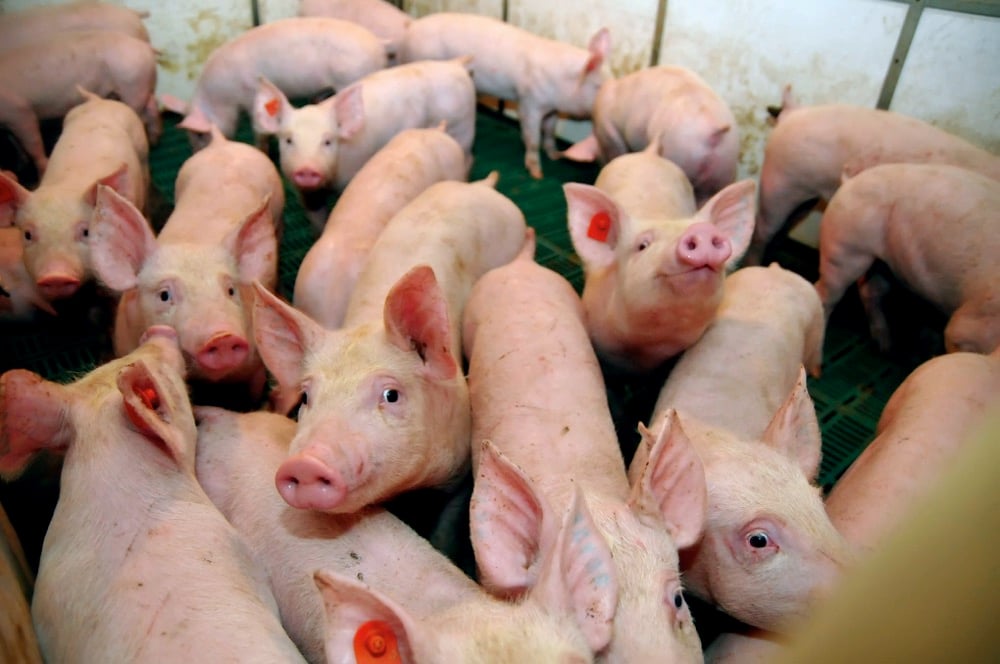U.S. gene edited pig approval a test for Canada’s rules

The approval in the United States for food use of pigs gene edited to resist Porcine Reproductive and Respiratory Syndrome, or PRRS, will be a good test for Canada’s year-old approval process for gene editing.
PRRS is a nasty virus with significant economic implications for farms, but it also has an emotional toll on farmers and farm workers.
Iowa State University reported last year that the disease costs American farmers $1.2 billion in losses.
Read Also


GEA technology featured in Farming Simulator 25
GEA is one of three new brands to have its equipment featured in Farming Simulator 25 through the brand-new Plains…
I’ve talked to farmers who have dealt with PRRS outbreaks, and many herds in Canada have battled it over the past 35 years. The level of abortion and respiratory stress the disease causes is hard to watch for the people who care for the pigs every day.
The Canadian industry is now skilled at managing and eliminating the disease once it’s in a production system, but it takes one biosecurity break before it is back again.
A gene-edited solution to reducing PRRS would be a tremendous win for animal welfare, the mental health of farm workers, and farm business productivity and profitability.
I’m interested to see how quickly the gene-edited pigs are approved for food use in Canada. It will be an interesting test case, as genetic modification of livestock is something the public has not accepted, despite the potential improvements in animal welfare and food safety.
Canada created a process that follows much of the rest of the world in approving gene editing through conventional approval processes when the expression of the gene is not novel. Gene editing works by turning on and off already-existing genes within an organism.
The gene editing process removes the SRCR5 domain from the CD163 protein and results in pigs that can resist the disease.
There’s momentum in Canada to catch up to the rest of the world in speed of approval of new agriculture technologies, as government and industry push to improve the country’s lagging productivity.
The successful discovery of the gene edit is a win for a swine genetics sector that has undergone significant consolidation in the past decade to the point where there are only a handful of swine genetics companies.
The consolidation was driven by the rise of big data analytics and the need to invest in technologies like gene editing.
The PRRS resistance gene editing process was developed by GenusPIC, itself a merger of two large breeding companies, Genus and Pig Improvement Corporation (PIC). Unfortunately, unlike the dairy sector where Semex, a Canadian company, is one of the major players in genetics, there are no more Canadian swine genetics companies of any scale. Alliance Genetics was acquired by Danbred in 2022 and Genesus, the last independent Canadian swine genetics company has been through a receivership process and is now under new ownership.
Source: Farmtario.com


